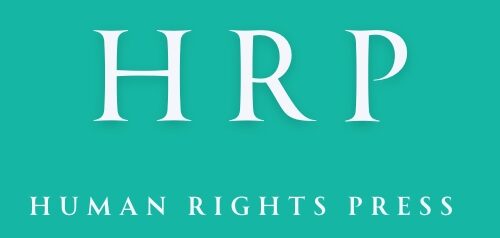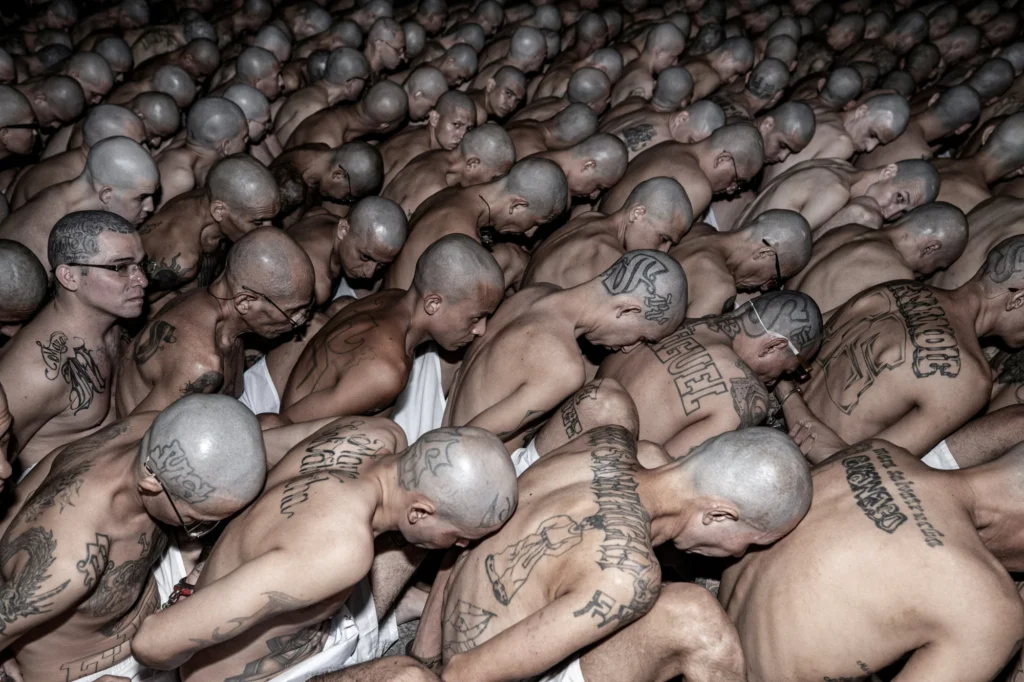In a historic move, the UN Human Rights Council has taken a decisive step to ensure that millions of children worldwide have access to free education. This decision follows the approval of a proposal by Luxembourg, the Dominican Republic, and Sierra Leone, supported by 36 other nations.
Background: The council’s decision aims to establish a working group dedicated to drafting a new treaty that will affirm the right to early childhood education, free public preprimary education, and free public secondary education. This initiative builds on the 1990 Convention on the Rights of the Child, which already guarantees free and compulsory primary education. The proposed treaty seeks to extend these rights, recognizing that primary education alone is insufficient for children to succeed in today’s world.
In 2019, the World Organisation for Early Childhood Education and the Latin American Campaign for the Right to Education informed the UN Child Rights Committee that the current international framework does not explicitly include the right to early childhood education. This gap was highlighted in their research, underscoring the need for a new legal framework. By 2022, Dr. Koumbou Boly Barry, the UN’s top independent education expert, advocated for the inclusion of early childhood education in a new, binding treaty.
- Facts and Figures: More than half a million people signed an open letter from Malala Yousafzai and Vanessa Nakate, organized by Avaaz, calling for a new treaty. Prominent children’s rights advocates and scholars have supported the idea of a fourth optional protocol to the Convention on the Rights of the Child, ensuring rights to free preprimary and secondary education.
- Activists from Child Rights Connect have also rallied behind this initiative, highlighting the voices of children who lack access to early and secondary education.
- Causes and Contributors: The Council’s decision responds to widespread advocacy and research showing the inadequacy of existing frameworks. The initiative reflects a growing recognition that early education is fundamental to children’s development and future opportunities.
- Response and Actions: In an unprecedented move, the Human Rights Council has also called for children to be consulted and involved in the treaty’s development process. This inclusion aims to ensure that the voices of children are heard and considered in drafting the new treaty.
Quotes: “We commend the Human Rights Council for taking this bold step toward ensuring every child’s right to education,” said [Spokesperson Name] from Human Rights Watch.
Visual Elements:
- Images of children in classrooms, educational settings, and advocacy events.
- Infographics highlighting key statistics and the proposed treaty’s benefits.
Legal and International Perspective: The new treaty aims to fill critical gaps in international law, aligning with recommendations from UN experts and global advocacy groups. It underscores the need for a comprehensive approach to education rights that includes early childhood and secondary education.
Engagement: Readers are encouraged to reflect on the importance of education rights and support initiatives for free education for all children. Explore further reading and resources on Human Rights Watch’s website.
Conclusion: The working group, open to all nations, will meet in 2025. Swift action is essential to ensure that millions of children are not deprived of their right to free education from preprimary through secondary school.
Additional Resources: For more information, visit Human Rights Watch’s dedicated page on education rights and advocacy.

